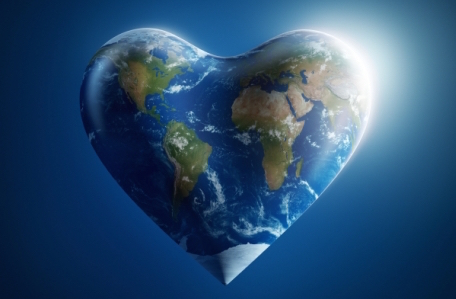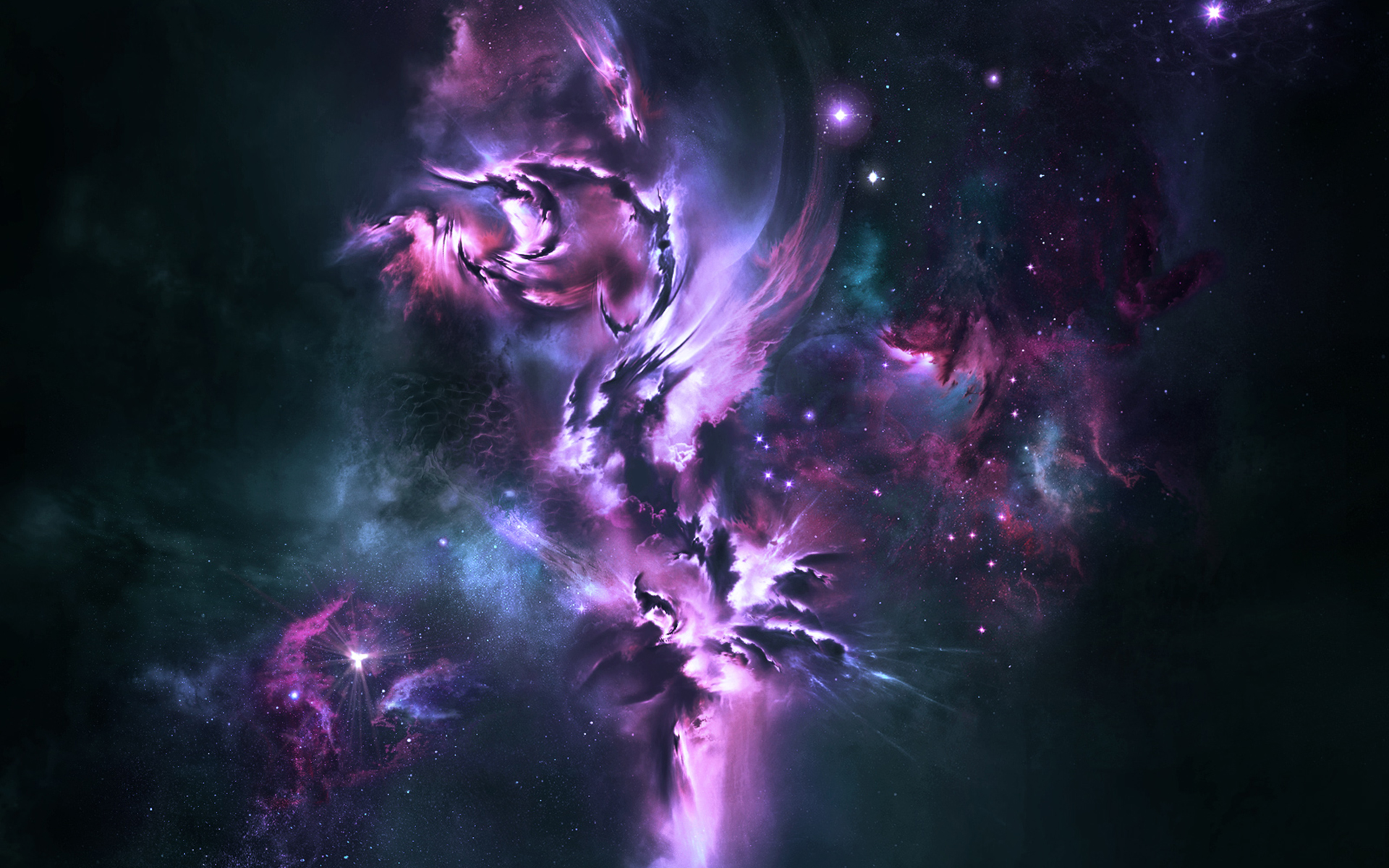Life on Earth is almost 4 billion years old. During that time, many trillions of complex life forms have starved to death, been slowly eaten alive by predators or diseases, or simply withered away. But there has also been much joy, play, love, flourishing, and even creativity.

Within 1-2 billion years, the sun’s size and temperature is expected to increase enough to boil the Earth’s oceans and incinerate all terrestrial life. That means we humans have around billion years to make the best of our time left on this planet — to love each other, to care for our fellow life forms, and to colonize space with ecosystems that need not share the fate of our yellow star.
Some have argued that humanity’s presence in the universe causes more suffering than joy, and that the universe is better off without us. Consider our many wars amongst ourselves, our pollution, or the other animals we kill for food.
But consider our potential to do good for other life: Humans have existed a mere 100,000 years, and perhaps one of our most negative impacts on the quality of other life — factory farming — has lasted a mere century. Even now there are many more wild animals than captive, and for billions of years, that number of animals have been eating each other alive. Imagine that. Imagine if you — as a living, breathing, pain-feeling entity — would likely be eaten to death at some point in your not-so-distant future. By default, for most animals this pattern will continue for another billion years or so, and then they’ll be incinerated.
Yet there is a glimmer of hope. A young species, homo sapiens, currently expends a tiny fraction of its resources — in the form of park rangers and veterinarians — to care for and euthanize wild animals. And a mature, cooperative, star-faring human civilization would need only a tiny fraction of its resources to deploy an army of invisible quad-copters to administer the same palliative care to nearly every animal on Earth at the time of its death. For billions of years. Without even re-engineering the food chain.
Indeed, it would eventually be more economically efficient to eliminate our dependency on the entire bodies and habitats of other animals by turning to in-vitro meat sources and space-accessible energy. To a human race that has mastered the matter and energy of just an entire solar system, Earth could become a cosmic treasure, a planetary reserve of flourishing organic life, shielded by our interplanetary embrace from the threat of asteroids, gamma ray bursts, and eventually maybe even a red giant star.
We animal lovers have a lot of work to do.
Consider our capacity to experience. We relish in the music and writings our most brilliant artists, while only a tiny fraction of human mind-space has yet been explored. With our mere 1011 neurons, even assuming a 100-million-fold redundancy in our encoding and only 2 states per neuron, there would be 21000 > 10100 states of mind left for us to inhabit, many more incoherent or joyful than the strangest Picasso painting. By 2015, we’ve barely scratched the surface of the possible: all of humanity combined has witnessed a total of only 1021 highly-correlated second-long experiences. That’s something like 0.0000..[75 zeroes]1% of what might be possible, with plenty of margin for error in the calculation.
The point is, there’s an awful lot left for us to think and feel.
Consider our potential to create beauty in the cosmos. Our Pyramids, our Sistine Chapels, our International Space Stations are considered by many to be of value beyond experience: works of observerless, self-justifying magnificence. Even if you diverge from this view, surely you would confer at least a tiny fraction of the millions of trillions of trillions of joules of energy we might someday command to the use of some ecologically-responsible cosmic artists who begged to differ.

Consider our potential to love. Some of us have lived the joy of falling in love for a decade, or a century. But not longer. No one has yet loved for a millennium. No one has yet reminisced about the early days of a friendship on ancient Earth before we colonized the stars. No one has yet kept a promise for an aeon. But we might. Some of us might live lives of rapture and devotion deeper and longer than anything we can now imagine.
I hope — and I even consider it plausible — that if we survive, thrive, and innovate, we might sustain sufficient peace and abundance among us that these dreams could be made reality. In fact, I suspect dreams that I would find even more compelling could be conceived, as even our capacity for hope and imagination might grow.
It will take brilliance. It will take hard work. It will take conscience. And to be honest, I don’t know if we’ll ever get there.
But I sure as hell don’t want us to give up now.
I want us to survive.
